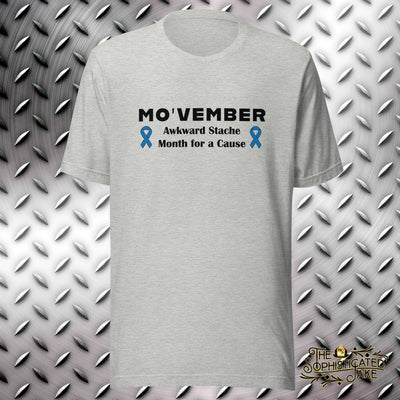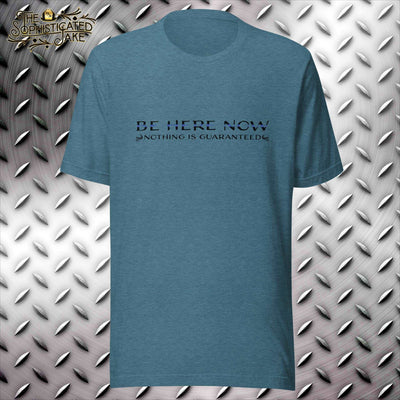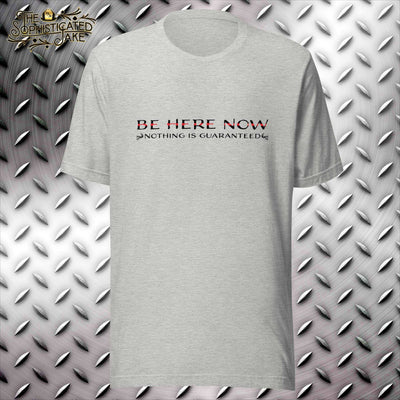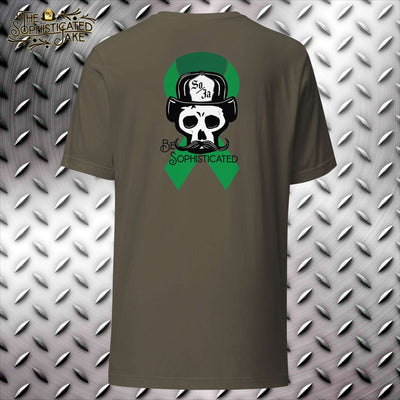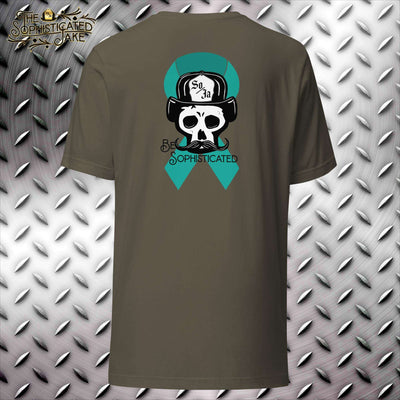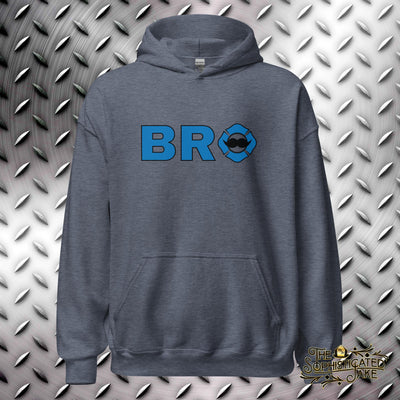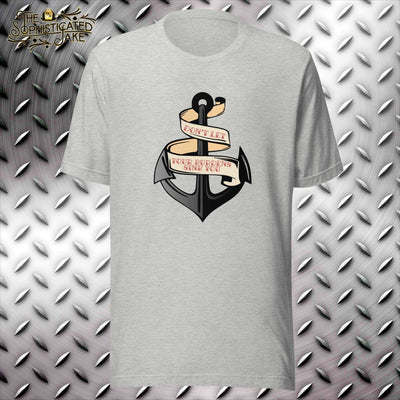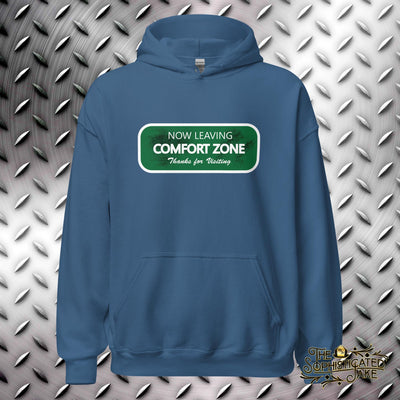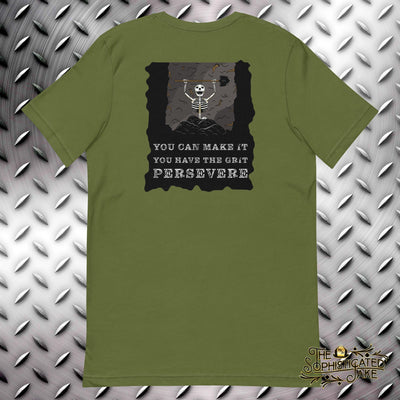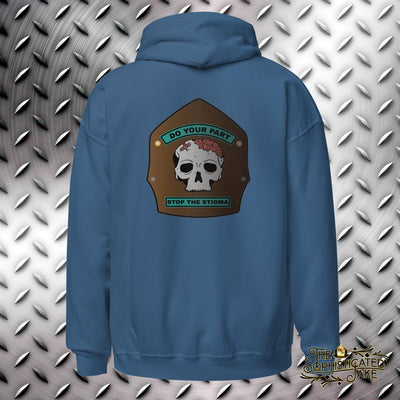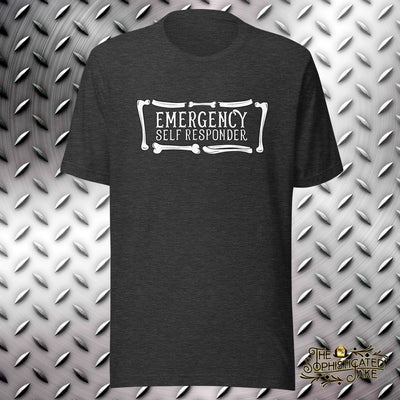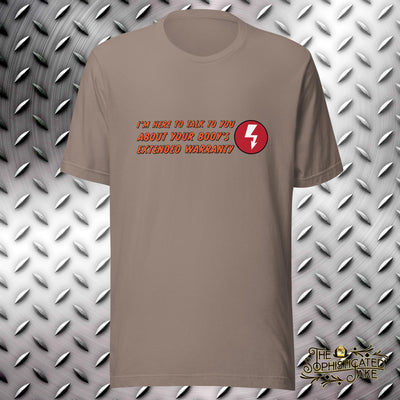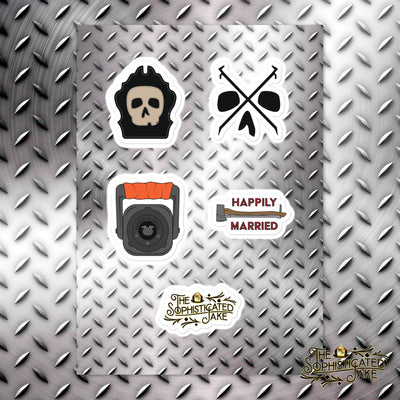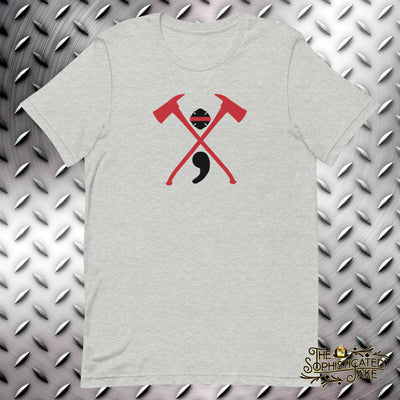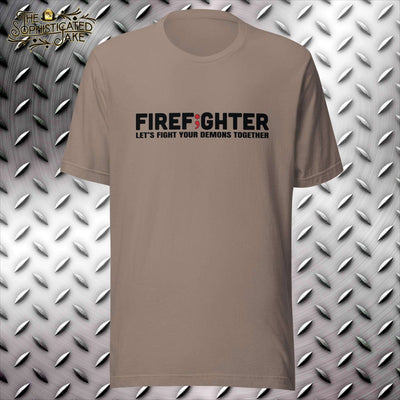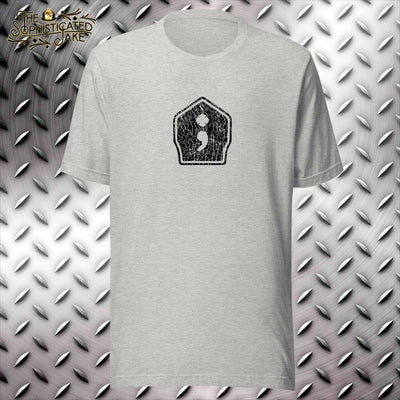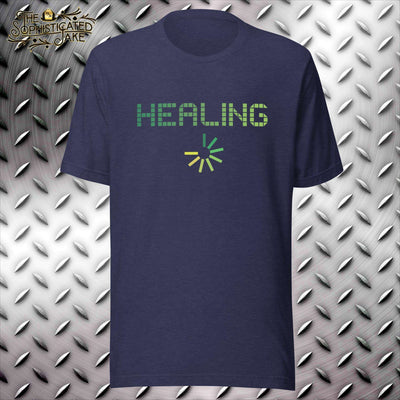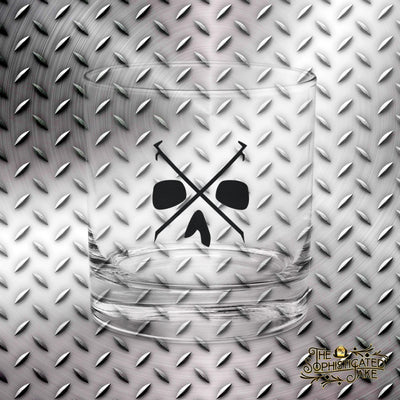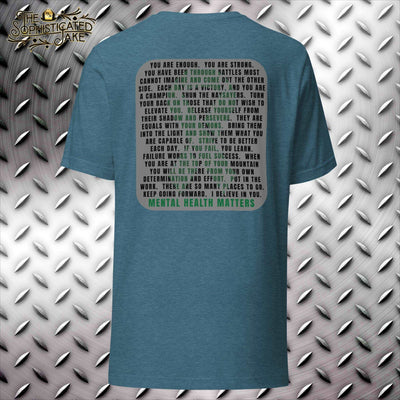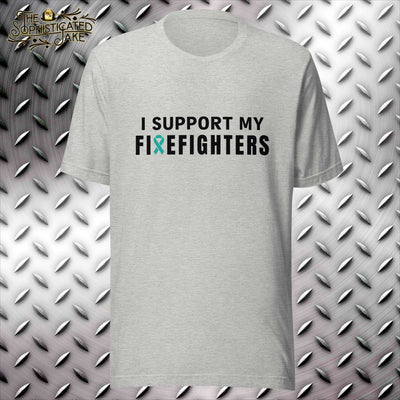The firehouse is steeped in tradition, and patinaed in war stories. The one-upping can be profound at times. It’s always who’s had the worst or craziest call and all the details that go along with it. In this battery of embellishment, it can leave some with a sense of imposter syndrome when feeling the effects of mental strain despite their traumas not being in the firehouse hall of fame. There are many reasons why measuring your trauma against the social norms is a bad idea.
- Not returning to baseline - Most first responder trauma is cumulative. It’s not how many calls, or how bad they are as much as it is the constant level of stress and alertness that your body withstands shift after shift. These heightened levels of cortisol can even effect you on days off, killing your ability to recharge. Diet and exercise can help in balancing these stressors out, but without commitment to training your brain you won’t be able to out run it. Picture the average Joe or Jane. They have stressful days too. However, their stress comes in waves and balances out at a low baseline just around relaxation. First responders have a much wider range of stress leaving them in a heightened resting point well above the relaxation baseline. The continued time above baseline can lead to fundamental changes in body chemistry that leave you taxed and exhausted. This phenomenon makes dealing with smaller traumas more difficult.
- Personal experiences – We enter the service with our own baggage, some more than others. As time progresses we carry more and more as we experience life and respond to more and more calls. A correlation that you might make from one event to another may not jive with another person’s perspective. For example, if you go to a lift assist and Granny Smalls is on the floor most will perceive it as a run of the mill call. However, now you notice that she looks, sounds, or acts like your own grand mother. Perhaps it’s the perfume she’s wearing or a decoration in her home that reminds you of your childhood. This instantly increases your connection to the call by tying it to your memories. This example is a low acuity incident, but you can guess how similar effects can multiply on higher acuity calls. We bring a lot of good with us to the job, and it’s what gives our service the depth it needs to be effective, but small things can become big things that others may not readily relate to.
- Lack of Awareness – Call volume is at an all time high everywhere. The needs for service are constant and staffing is struggling. Take these two prongs, where they meet is a reduced time in between incidents. Whether they are high-frequency low-acuity, or low-frequency- high-acuity, they are always popping off. This doesn’t allow much time between incidents for responders to center themselves and process what they’ve just experienced. Each call requires the maximum of your attention and your commitment to success. Years of experience and training can leave us operating on autopilot for the fundamentals to create bandwidth for the moving pieces that surround the incident. Let’s say that a particular call might last 30 – 60 minutes. You are invested for the duration of that event. It isn’t a short stressful phone call, technology issue, or provoking inconvenience. It’s a period of your life that you are giving to another person. During this time that we’re hard at work we are still feeling, seeing, hearing, smelling, and taking in everything around us. If we don’t take time to unpack it, we end up carrying it around, compounding it with call after call, family and home stresses, and personal defeats. Awareness of the magnitude of what’s invested in this job can give you an eagle eye to start spotting things that may prove problematic if left undealt with.
- Talking the Talk – Bravado is king. The richest, loudest, best told stories gain the most attention. And the story teller is always there hero. Don’t be fooled by the performance before you. Many war stories are so vivid for recollection because they have left their mark. You might see a respected person of your crew talking about something disastrous that seems to have left them unscathed in the face of it, but they can recall every detail for a reason. We all have a stoic nature that is part of our professionalism. We can tame our emotions to put on the face we need when times get tough. Wearing this mask takes practice, and so does knowing when to take it off. The person you’re admiring for their toughness might just be using you for therapy in that moment. They might be seeking further validation for their accolades, reliving the highlights to drown out the darkness, or trying to inadvertently teach lessons through their experience. When it comes to mental health in the first responder world, there are many walking wounded among us. Some know they are injured, and some are unaware of the magnitude of their wounds.
- Time is relative – Some incidents drop their weight on us like a ton of bricks. Others pile up like a ton of feathers. Either way, you now have a ton of weight on your shoulders. We talked about being on auto-pilot, and we’ve discussed cumulative trauma, now put the two together. This combined weight can stick to us like liquid tar and permeate everything around us. Just as true in the physical world as the metaphorical world some people are stronger than others in different arenas. Fortitude of mind, body, and spirit can allow us to carry some heavy things, but without all three we will soon fail. To continue our mental diatribe let’s take the bricks. When you are prepared for your day in and day out, no matter how strong you are a massive weight dropped on you is enough to make you falter. You can be prepared, but it’s difficult to train beyond your maximum capacity. Likewise, with the feathers. As each lands on you, you find yourself carrying more and more weight. Overtime you adjust, get stronger, and are able to handle the accumulation of more and more burden. Eventually comes the breaking point. The moment in time when you cannot carry anymore, and that can be devastating. The good news is, there are ways to manage the weight and shed it’s burden over time.
As you can see from the above, it’s easy to get distracted by the gusto of others, and even easier to downplay your own experiences. The clock catches up with all of us at some point. So, what can we do about it? The answer is simply put, but difficult to master. Resiliency. Knowing yourself, your strengths, weaknesses, and prior experiences will give you the foundational tools to help you along the road to success. Dive into those resources and find healthy outlets for recharging. Try to keep your stress baseline low through healthy living. Learn to work with your brain and manage the auto-pilot responses. Take time to process when you can. Talk about things that are getting heavy before they are too expansive to manage. There’s no shame in the inner brain game. Know yourself. You know when somethings off, or when you get a bad vibe about something that has happened. Whether it’s been 5 minutes or 5 years since the incident, if it’s sitting with you take the time to listen to it. It’s haunting you for a reason. Don’t put stock into the magnitude of the incident, put it’s weight into perspective that it’s something keeping you from being 100%, and that makes it worth dealing with. Handle what you can and escalate it when needed. We need the fire to vent, we need docs to take over our patients, and we need officers to have our backs. Mental health is no different where there are professionals available to help. Some incidents we can resolve on our own, some we may need a friendly ear, and at other times a good trauma informed therapist can give us the tools to fix what needs fixing.
I’m aware that there’s a resistance to treatment and it can feel shameful to have to seek professional help, after all we’re the “fixers” right? It’s important to know our limitations and need for tools, the right tools, to do the job at hand. I’m also aware that there are copious amounts of responders that are talking to a therapist, who are on medications to help their journey, and who can keep responding because of it. Just because you see something doesn’t mean that you are getting the whole story. Know yourself and what you need. Do right for you and start becoming more resilient. Be sophisticated.
------
These words are my expression based on what I've learned and experienced. I am not a mental health counselor, and I have no fancy letters after my name. Please consult with a professional if you are in need of care. If you're in crisis and are experiencing a medical emergency call 911 or go to your nearest Emergency Room.













